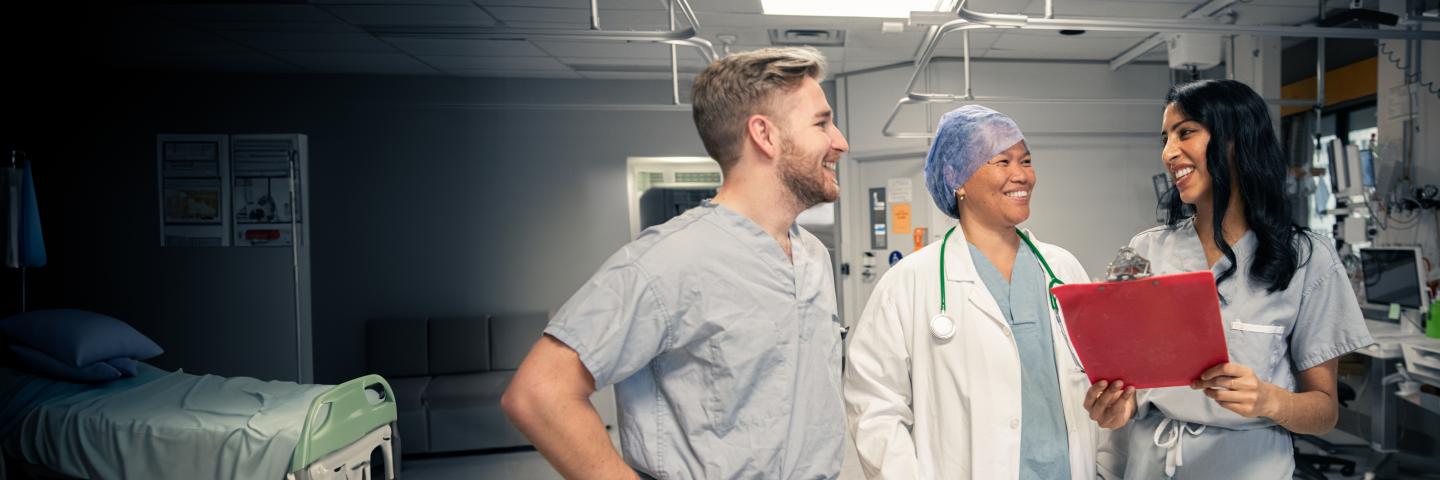Patient & visitor guides
These guides are a site-by-site orientation to each of our facilities. Choose the site you’re planning to visit to learn about its amenities, parking and transportation, events, hours and other information important to a smooth visit.
